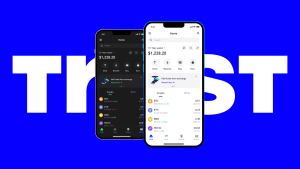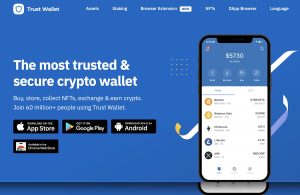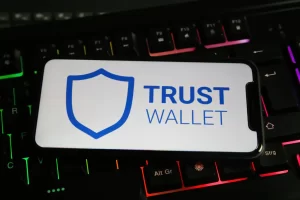Is Trust Wallet safer than Binance?
Trust Wallet is safer in terms of asset control because users hold their private keys, ensuring full ownership. Binance, as a centralized exchange, manages users’ keys, which adds risks like hacks or account freezes. However, Trust Wallet’s safety depends heavily on how securely the user manages their device and recovery phrase.
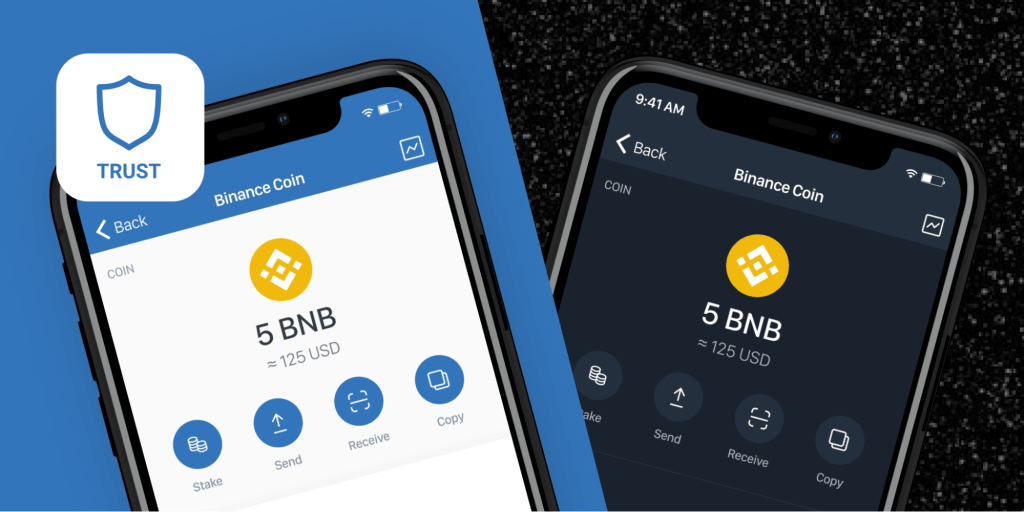
Private Key Ownership Comparison
How Trust Wallet Gives Full Control to Users
-
User Holds Private Keys Directly: Trust Wallet is a decentralized wallet where private keys are stored locally on the user’s device. This means only the user has access to their assets, not Trust Wallet or any third party.
-
No Custodial Access: Trust Wallet never holds, stores, or manages user assets. It provides the technology for users to interact directly with blockchain networks without intermediaries controlling their funds.
-
Empowerment through Recovery Phrase: During wallet setup, users receive a 12-word recovery phrase, which is critical for backup and restoration. Controlling this phrase means controlling the assets without relying on external entities.
Why Binance Holds User Private Keys
-
Centralized Custody Model: Binance operates as a centralized exchange and holds users’ private keys within its internal systems. Users access their funds through Binance accounts but do not directly control the cryptographic keys.
-
Convenience at the Cost of Ownership: While Binance offers convenience features like fast trading, staking, and lending, it comes with the trade-off that users must trust Binance’s security protocols to protect their funds.
-
Vulnerability to Platform Risks: Since Binance holds user assets, any breach, hack, or regulatory action targeting the exchange could lead to loss of access, frozen accounts, or even asset confiscation, limiting true ownership compared to Trust Wallet.
Security Risks in Centralized Exchanges
Potential Threats from Exchange Hacks
-
High-Value Target for Hackers: Centralized exchanges like Binance manage billions of dollars in assets, making them prime targets for sophisticated cyberattacks. Successful breaches can result in massive losses affecting thousands of users.
-
Custodial Wallet Vulnerabilities: Funds stored in centralized wallets are pooled together, which increases the impact of a single security failure. Unlike decentralized wallets, a breach affects all custodial accounts at once.
-
History of Notable Breaches: Several exchanges have suffered major hacks in the past, highlighting the inherent risks of entrusting private keys and funds to centralized entities rather than maintaining personal custody.
Account Freezing and Withdrawal Restrictions
-
Compliance with Regulatory Authorities: Binance and other exchanges must comply with government regulations. Under legal orders, they may freeze user accounts or restrict access without prior notice, impacting financial freedom.
-
Internal Security Flags and Lockouts: Suspicious activity detected by automated systems may trigger account freezes even when users act legitimately. This can delay access to funds until investigations are complete.
-
Withdrawal Limits and Delays: Centralized exchanges often impose withdrawal limits, mandatory waiting periods, or additional verification steps, especially during market volatility or security alerts, restricting user access to their own assets.
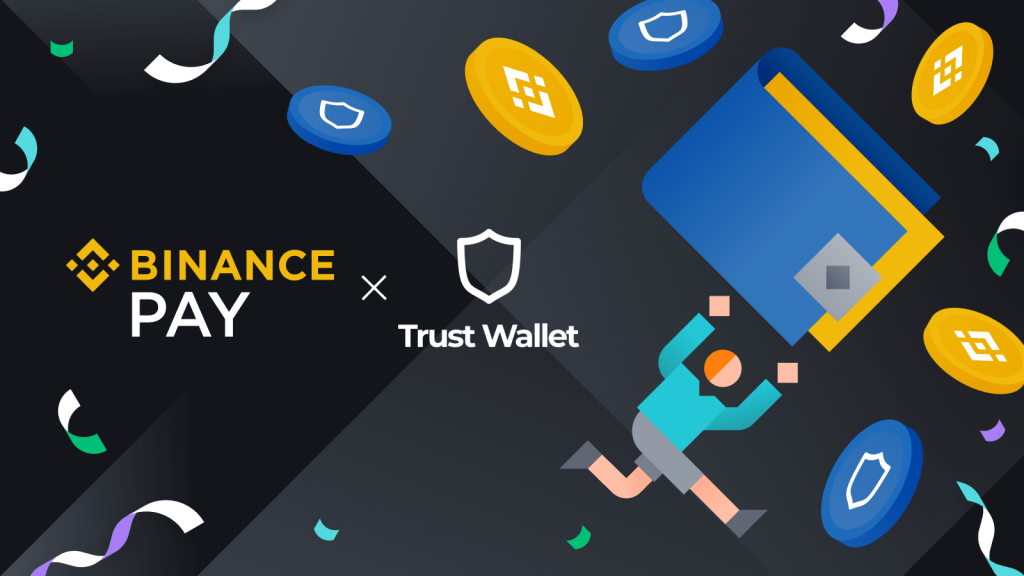
Advantages of Trust Wallet’s Decentralization
Reduced Risk of Centralized Failures
-
No Single Point of Failure: Trust Wallet operates without centralized servers or infrastructure holding user data or funds. This decentralized nature protects users from risks like server hacks, operational shutdowns, or internal breaches.
-
Private Key Stored Locally: By storing the private key on the user’s device, Trust Wallet removes the need for third-party trust. Even if the Trust Wallet company ceased operations, users would retain full control of their assets.
-
Network Independence: Trust Wallet connects users directly to blockchain networks. Asset access does not depend on Trust Wallet servers, minimizing the risk of losing funds due to infrastructure failures or business closures.
Protection from Platform-Specific Shutdowns
-
Immunity to Exchange Closures: If a centralized exchange like Binance is forced to shut down, users risk losing access to their funds. In contrast, Trust Wallet users retain control as their assets live on the blockchain, not inside a company’s systems.
-
No Forced Account Suspensions: Trust Wallet cannot suspend, freeze, or lock accounts because there are no accounts managed on their servers. Wallets are autonomous and tied only to the blockchain and user-held keys.
-
Sovereign Access Anytime, Anywhere: With Trust Wallet, users can always access their funds through any compatible wallet app if needed. The decentralized model ensures that no single authority can restrict access based on jurisdictional or legal pressures.
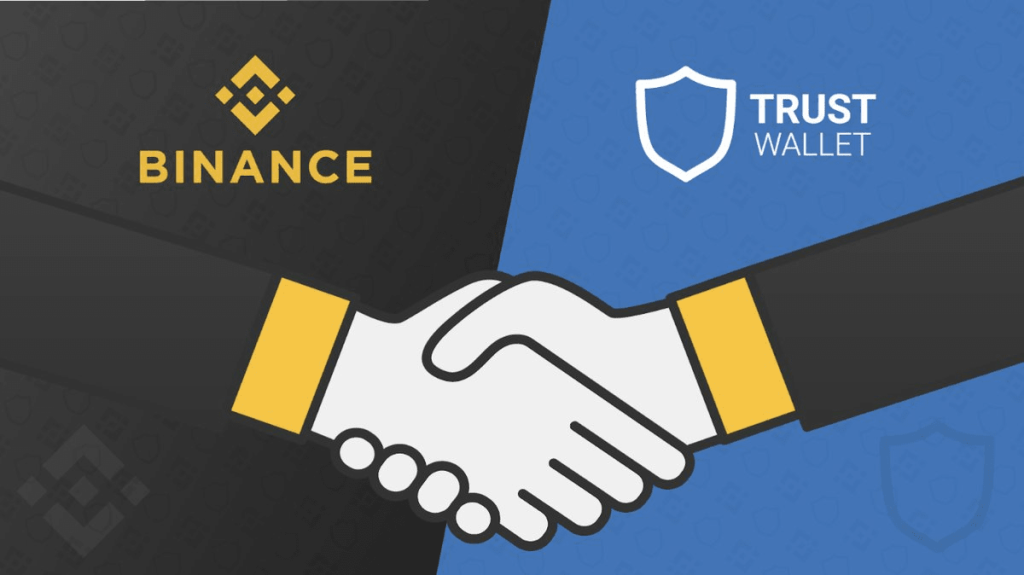
Asset Recovery Differences
Recovery Using a Private Recovery Phrase in Trust Wallet
-
Backup at Wallet Creation: Trust Wallet generates a unique 12-word recovery phrase when a wallet is created. Users must write it down and store it securely because this phrase is the only way to recover funds if the device is lost or damaged.
-
Simple and Direct Wallet Restoration: If users lose their device, they can simply download Trust Wallet or any compatible wallet app, input their recovery phrase, and instantly regain full access to their assets without needing third-party assistance.
-
No Third-Party Dependency: Since Trust Wallet is decentralized, there is no customer service that can recover or reset access. Users are fully responsible for safeguarding their recovery phrase to maintain permanent access to their assets.
Binance’s Custodial Account Recovery Process
-
Password Reset Through Platform Support: If a Binance user loses access to their account, they can reset their password through email or mobile verification processes, relying on Binance’s customer service for recovery assistance.
-
KYC Verification for Recovery: In cases of lost access or compromised accounts, Binance may require users to complete Know Your Customer (KYC) verification again, including identity document uploads and facial recognition to recover their accounts.
-
Reliance on Platform Stability: Account recovery on Binance depends on the platform remaining operational and accessible. If Binance were to experience service outages or regulatory shutdowns, users might face delays or complications in regaining access to their funds.

Transaction Freedom and Privacy
How Trust Wallet Supports Anonymous Transactions
-
No Personal Information Required: Trust Wallet does not collect personal information from users. Anyone can download and use the wallet without submitting identification, ensuring privacy from the first use.
-
Direct Blockchain Interaction: Transactions made through Trust Wallet occur directly on blockchain networks without routing through centralized servers. This reduces exposure to third-party data tracking and surveillance.
-
Full Control Over Transaction Details: Users can choose how and when to send transactions without needing approval from a centralized entity. Trust Wallet allows flexible, unrestricted blockchain interaction, enhancing personal financial freedom.
Binance’s KYC and Transaction Monitoring Requirements
-
Mandatory Identity Verification: Binance enforces strict Know Your Customer (KYC) processes, requiring users to submit government-issued IDs, selfies, and other personal data to open accounts and access key features.
-
Continuous Transaction Monitoring: Binance monitors user transactions for suspicious activity to comply with Anti-Money Laundering (AML) regulations. This includes tracking deposits, withdrawals, and trading behaviors.
-
Potential Privacy Trade-Offs: While these measures enhance platform security and regulatory compliance, they compromise user privacy. All Binance transactions are linked to verified identities, making them easier to trace by external parties if requested by authorities.

